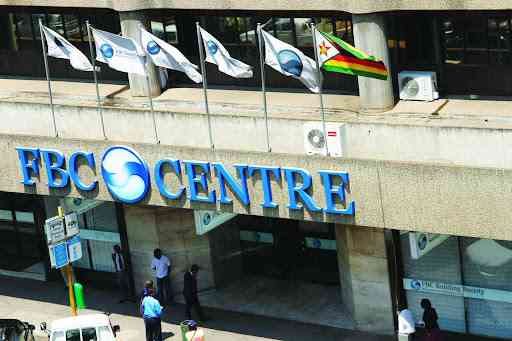
ZIMBABWE Posts (Pvt) Ltd (Zimpost) is positioning itself to become a government agent in real estate as part of its broader strategy to diversify revenue streams and revitalise its operations.
The move comes as the local property market continues to emerge as one of the most reliable hedges against Zimbabwe’s persistent economic volatility.
In an interview with businessdigest, Zimpost postmaster-general Maxwell Chitendeni said the state-owned postal company was modernising its infrastructure and business model in line with current market trends.
“We are sprucing up our infrastructure so that it also becomes attractive, and we are charging competitive rates, just like every other real estate,” he said.
“But we also endeavour to go further into real estate, where we want to make sure that we also become the government agent in terms of real estate business.
“If there is something that they want to buy, we have the expertise, because we now have a very vibrant department and we are going out, both to the public and also to the government, to offer all the properties, tenants (such as your leasing) and property management.
“We have a full department that we want to exploit and also get revenues out of, despite them having to manage our own properties,” Chitendeni further stated.
The Zimbabwe Investment and Development Agency (Zida) projected the local property market could reach a value of about US$119 billion by 2024, driven by urbanisation, infrastructure development and growing foreign investment.
- Letters: Policy inconsistencies driving out, frustrating foreign investment
- Lithium exports to surpass gold, says Zida chief
- Cannabis farmers underestimated costs involved: ZIHT
- Zimpost launches post insurance promo
Keep Reading
The report noted that demand for gated communities, high-rise apartments and Real Estate Investment Trusts (REITs) was reshaping the market landscape. Against this backdrop, Zimpost hopes to capitalise on the momentum.
Chitendeni said the company was implementing a new strategic plan for the period 2026–2030 to anchor its recovery and growth ambitions.
“We are coming from a very bad patch where we were making a lot of losses, but currently, we are at break-even,” he said.
“This is because we had a lot of legacy challenges, and you can imagine issues to do with long audit fees.
“It means, now, if you are three or four years behind, you just have to pay audit fees for those years, and it becomes impactful to your current expenditure. But, what I can say is we have introduced a lot of new products that have positively impacted the bottom line, and we have managed to do a lot of cost-cutting measures, and we have redefined the postal structure and the financial structure,” Chitendeni added.
He expressed optimism that the company’s turnaround efforts would start yielding tangible results in the next few years.
“So, you will find we have a lot of areas that we have. Remember, as Zimpost, we suffered the issue of working capital because there was not much injected when Zimpost was unbundled in the year 2000,” Chitendeni said.
“So, it then became legacy issues, but I am happy to say we have managed to, and we are addressing those issues almost on a daily basis, and this is why I am saying in 2026, I foresee ourselves getting into the good books.”
Zimpost is the leading postal, communication and financial services provider in Zimbabwe, with a postal network of over 230 outlets spread throughout the country.











